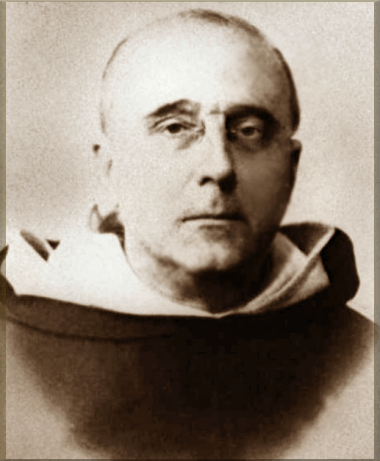We must now recall briefly, first what we have said above on the nature of knowledge in the separated soul; secondly, on particular judgment.
These souls, since they have their bodies no longer, cannot exercise the operations of sense-life. But they do retain and can exercise the superior faculties of intellect and will. They carry with them all their knowledge and all their virtues, theological and moral, but they must exercise these possessions without the support of the imagination.
This preternatural mode of being is accompanied by a preternatural mode of acting. Infused ideas enable them to know the singular in the universal, in particular to know persons remaining on earth with whom they have a special relation.
Further, they see themselves intuitively, as the angels do. Hence they know very clearly their own spirituality, immortality, liberty. In themselves, as in a mirror, they have perfect natural knowledge of God, the author of their nature. And they know one another.
The particular judgment, we have said, comes at the very instant of separation from the body. This instant terminates merit and demerit. The sentence of judgment, in the form of an intellectual illumination, covers their entire terrestrial life, and is therefore definitive.
--Reginald Garrigou-Lagrange, Life Everlasting
